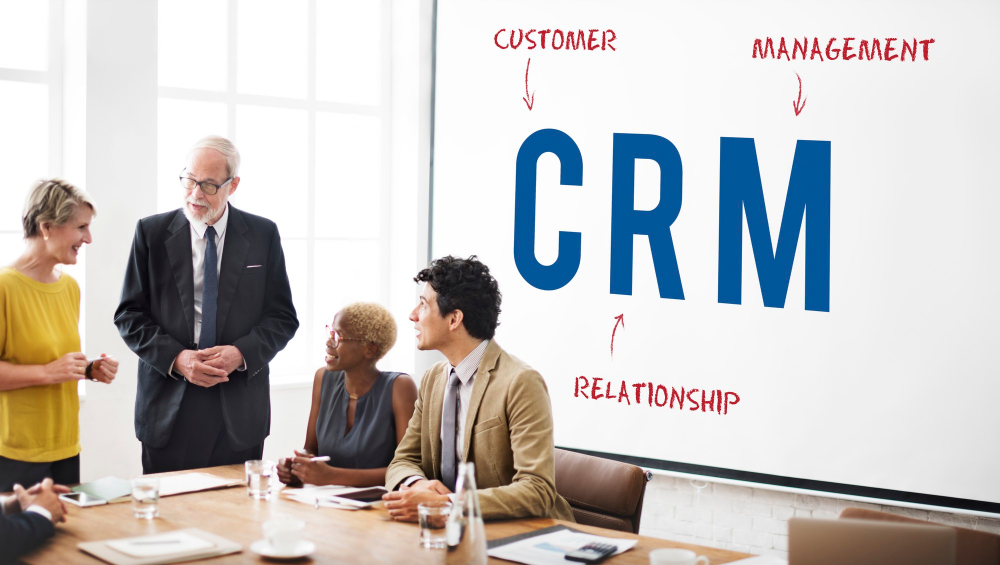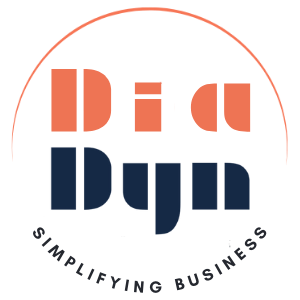
Table of Contents
- 1. Introduction
- 1.1 Invest in Your CRM Wisely
- 1.2 Have Clear Goals and Set Objectives
- 1.3 Enable Training and Onboarding, Keeps Going the Glowing
- 1.4 Customize Your CRM to Fit Your Business Processes
- 1.5 Integrate CRM with Other Business Tools
- 1.6 Maintain Data Quality
- 1.7 Focus on the Customer Experience
- 1.8 Leverage CRM Analytics for Decision-Making
- 1.9 Automate Routine Tasks
- 1.10 Monitor and Refine Your CRM Strategy
- 2. Conclusion
1. Introduction
Best practices are crucial for small and medium-sized businesses (SMBs) to stay competitive in today’s ever-changing business landscape. One of the most effective tools available is Customer Relationship Management (CRM) software. When used properly, a CRM system can streamline your operations, improve customer interactions, and foster business growth.. When executed well, a CRM system can help SMBs optimise operations and interactions with customers to push growth. But to take advantage of all this, there are a few CRM best practices you need to follow. This is a how-to of the best practices for SMBs to capitalize with their CRM systems.
1.1 Invest in Your CRM Wisely
First and foremost, choosing the right CRM system that fits your needs within a business is probably of paramount importance. Consider your business size, industry and specific needs. The ideal CRM for SMBs is one that offers scalability, integration with other common tools and easy-to-understand. This means not necessarily going with a more complicated setup that would be hard to integrate into the workflow.
1.2 Have Clear Goals and Set Objectives
Explain what you hope to achieve with this new system. Track everything from customer service assessments to improved sales processes as you go. Keep this evaluation in the long-term to assess progress on the hard targets you have identified.
1.3 Enable Training and Onboarding, Keeps Going the Glowing
The best way to ensure that your CRM implementation is successful is by training. They typically fail when there’s a lack of proper training. Make sure your crew is being trained effectively in how to use the CRM system. Provide ongoing measures to assist. Keep making available help to teach employees how to comfortably use the software and consider having a CRM champion to help everyone else in their use of the application.
1.4 Customize Your CRM to Fit Your Business Processes
Every business has its own unique characteristics, and your CRM should mirror that. Utilize customization options to adapt the CRM to your specific workflows. Tailor fields, processes, and dashboards to match how your business functions. This approach will make the CRM more user-friendly for your team and enhance adoption rates.
1.5 Integrate CRM with Other Business Tools
A CRM system reaches its full potential when it collaborates with other business tools. Connect your CRM with marketing automation platforms, email systems, accounting software, and other vital tools. This integration guarantees that data flows smoothly throughout your organization, minimizing manual data entry and boosting efficiency.
1.6 Maintain Data Quality
The success of your CRM is closely linked to the quality of the data it holds. Set up processes for regular data cleaning to eliminate duplicates, fix errors, and refresh outdated information. Encourage your team to input data consistently and accurately and consider employing automation tools to help uphold data integrity.
1.7 Focus on the Customer Experience
Ultimately, a CRM system serves to enhance the customer experience. Leverage it to gain insights into customer behavior, preferences, and interactions. Personalize communications, anticipate customer needs, and proactively resolve issues. An effectively utilized CRM can transform customers into loyal advocates for your business.
1.8 Leverage CRM Analytics for Decision-Making
One of the key benefits of CRM systems is the extensive data they offer. Use CRM analytics to monitor key performance indicators (KPIs) such as customer acquisition cost, customer lifetime value, and sales cycle duration. Analyze this information to make informed decisions, spot trends, and refine your business strategies.
1.9 Automate Routine Tasks
CRM systems typically include automation features that can help save time and minimize errors. You can automate routine tasks like sending follow-up emails, assigning leads to sales representatives, and scheduling appointments. This not only boosts efficiency but also enables your team to concentrate on more valuable activities.
1.10 Monitor and Refine Your CRM Strategy
The business landscape is always changing, and your CRM strategy should adapt accordingly. Regularly assess the performance of your CRM system and collect feedback from users. Be ready to adjust processes, workflows, and configurations to ensure that your CRM continues to align with your business needs.
2. Conclusion
Adopting CRM best practices is essential for unlocking the full potential of your CRM system. For small and medium-sized businesses, a well-implemented CRM strategy can enhance customer relationships, streamline operations, and drive growth. By selecting the right CRM, establishing clear objectives, providing adequate training, and prioritizing data quality and customer experience, your business can fully leverage its CRM investment.
Diadyn CRM is tailored for small and medium-sized businesses, helping you enhance customer relationships, improve operations, and foster growth. This powerful yet user-friendly platform integrates smoothly with your current tools, offers detailed analytics, and automates everyday tasks allowing you to concentrate on what truly counts: expanding your business.

